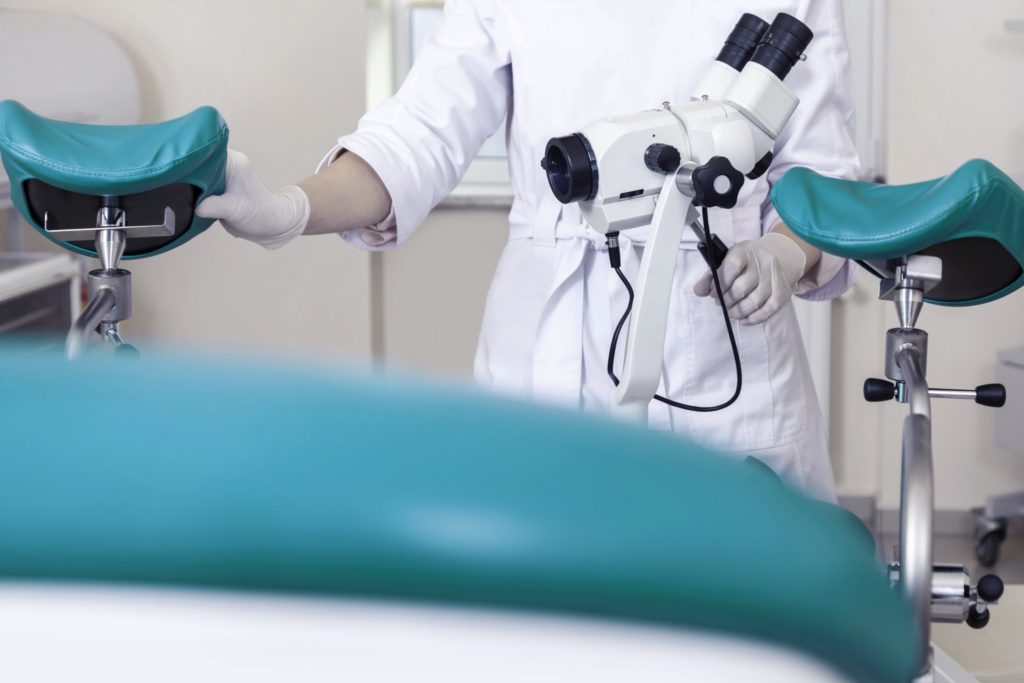Are Transplant Doctors Causing Brain Death?
Originally published at National Review- Categories
- Patient Care
A new and highly problematic means of obtaining organs is pushing the boundaries of the “dead donor rule,” which requires a vital organ donor to be truly dead before organs are retrieved. It also requires that no patient be killed for their organs.
Dead is dead, but there are two approaches to declaring death. “Death by neurological criteria” — commonly known as “brain death” — and death by cardiopulmonary criteria, sometimes called “heart death.” The key point for both is that they each require “irreversibility,” that is, either the brain has ceased irreversibly to function as a brain both as a whole and in each constituent part, or there has been an irreversible cardiac arrest.
In brain death, organs can be procured even though the heart is beating. In heart death, organs can be procured after a few minutes of no heartbeat.
But now, some doctors are restarting donors’ hearts after a planned cardiac arrest when life-sustaining treatment is withdrawn — meaning that the cardiac arrest wasn’t necessarily irreversible — and then causing brain death so that beating hearts can be harvested. From the MedPage Today story:
With little attention or debate, transplant surgeons across the country are experimenting with a kind of partial resurrection: They’re allowing terminal patients to die, then restarting their hearts while clamping off blood flow to their brains. The procedure allows the surgeons to inspect and remove organs from warm bodies with heartbeats.
Transplant surgeons and several bioethicists argue that the procedure is appropriate and crucial to boosting the number of organs that are available for transplant. But critics — including other bioethicists and the nation’s second-largest physician organization — warn that surgeons are trampling the line between life and death…
The American College of Physicians (ACP), which represents primary care doctors, is also a critic. It warned in a 2021 statement that the procedure raises “profound ethical questions regarding determination of death, respect for patients, and the ethical obligation to do what is best.”
Proponents, however, are eagerly moving ahead with the procedures, known as normothermic regional perfusion with controlled donation after circulatory death (NRP-cDCD). Three hospitals in Nebraska, Arizona, and New York are currently investigating the procedure in clinical trials. Several others have adopted it too, Amy Fiedler, MD, a cardiac and transplant surgeon at the University of California San Francisco, told MedPage Today.
“It’s expanding rapidly,” said Fiedler, who has performed several of the procedures. “Every time I talk to colleagues, they want to talk about how to build an NRP program and get it started.”
Count me firmly in the “Do not do this!” camp. If a patient is resuscitated after cardiac arrest — even if the heart could not restart on its own — the person is not dead! Cutting off blood flow to the brain to cause brain death thereafter seems to me awfully close to active killing.
Not only is the method — normothermic regional perfusion with controlled donation after circulatory death (NRP-cDCD) — highly problematic from a moral perspective, but it also could undermine people’s trust in organ-transplant medicine generally. Good grief, many people already doubt the reality of brain death as being dead. (I believe it is if accurately determined, although the Jahi McMath case gives me great pause.) Intentionally causing brain death after resuscitating patients will only add to the public’s unease.
This should stop, for the sheer morality of the issue, but also to maintain people’s confidence in transplant medicine overall. Because the next step may be to unequivocally kill for organs — already proposed by some prominent bioethicists. And that would turn catastrophically ill or disabled patients into so many organ farms.
